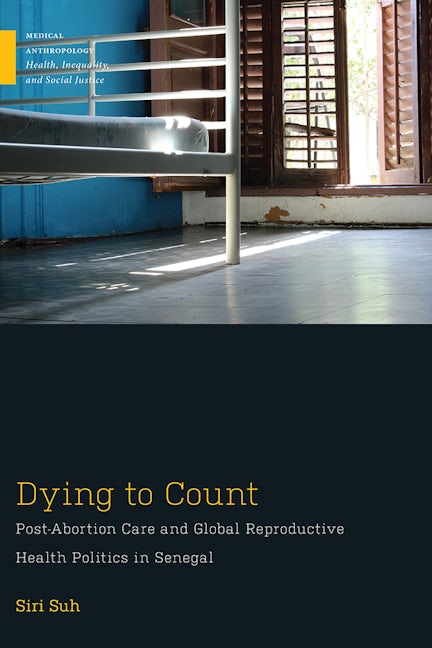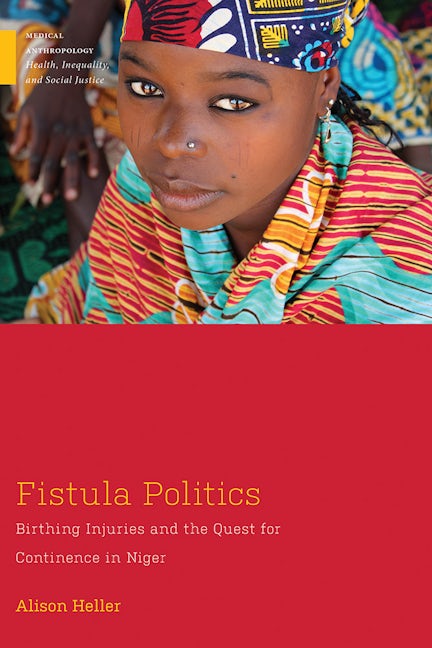“Fault Lines of Care is a remarkable book of the type many of us strive for: a finely grained, moving ethnography that articulates the nature of the broad interactions among individual, community, state-level, and global dynamics in the domain of international HIV/AIDS care. Heckert is a lucid, evocative writer and frankly, I found the book hard to put down.”
~Carole H. Browner, coauthor of Neurogenetic Diagnoses, the Power of Hope, and the Limits of Today’s Medicine
“Carina Heckert’s evocative and wrenching ethnography, Fault Lines of Care, conveys the frustrating and at times deadly entanglements of global health agendas with the intimate lived experiences of people living with HIV/ AIDS in resource poor communities in Bolivia. Heckert invites readers on an emotionally-charged journey through her interlocutors’ intimate and social experiences of seeking care for HIV/AIDS and ultimately their struggles for survival. This ethnographically rich rendering is an important contribution to our understanding of how people’s experiences of chronic disease interact with the biopolitical contours of inequality and poverty, in Bolivia and globally.”
~Nia Parson, author of Traumatic States: Gendered Violence, Suffering, and Care in Chile
~Chronicle of Higher Education
"As a case study in global health strategy, [Bolivia] is a useful example because of the often unexpected ways in which local politics, societal structures, and culture interact to undermine efforts to combat the HIV epidemic."
~The Lancet
"Heckert writes in an engaging and accessible style and clearly explains her theoretical approach to understanding her ethnographic data. She nicely balances her discussion of the historical, social, and political context of HIV care with case studies of HIV-positive people doing their best to navigate the healthcare system and make decisions about when and how to access care."
~American Journal of Human Biology
"Comprehensive and impressively written."
~The Latin Americanist
"Fault Lines of Care offers a thoughtful examination of an HIV epidemic....This book offers an excellent resource for undergraduate and graduate courses in medical anthropology and health sciences. It poses important questions for future researchers to consider, including why our stubborn reliance on metrics and disease-specific approaches to global health care persist."
~Medical Anthropology Quarterly












